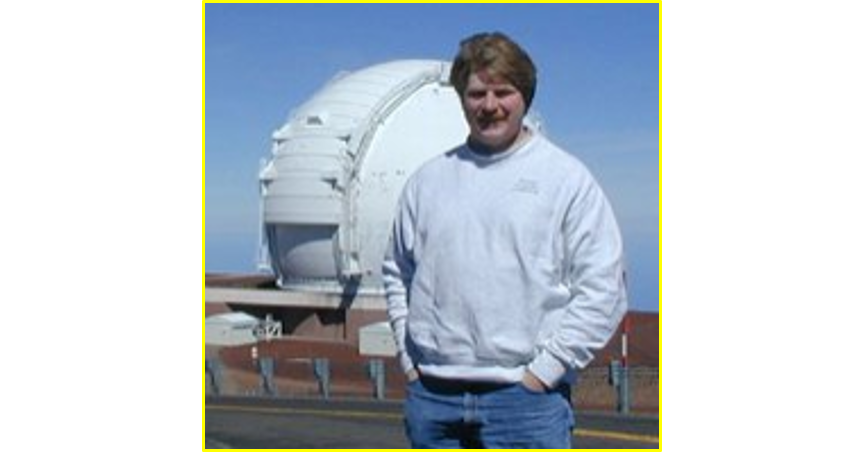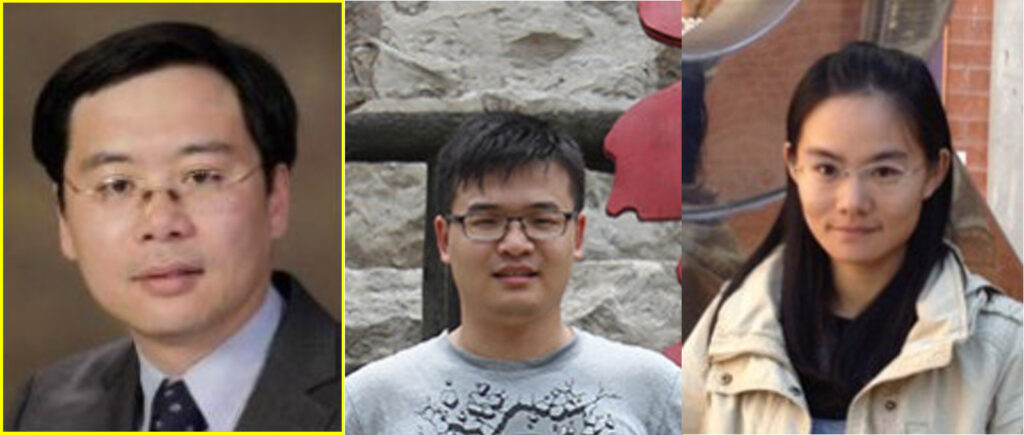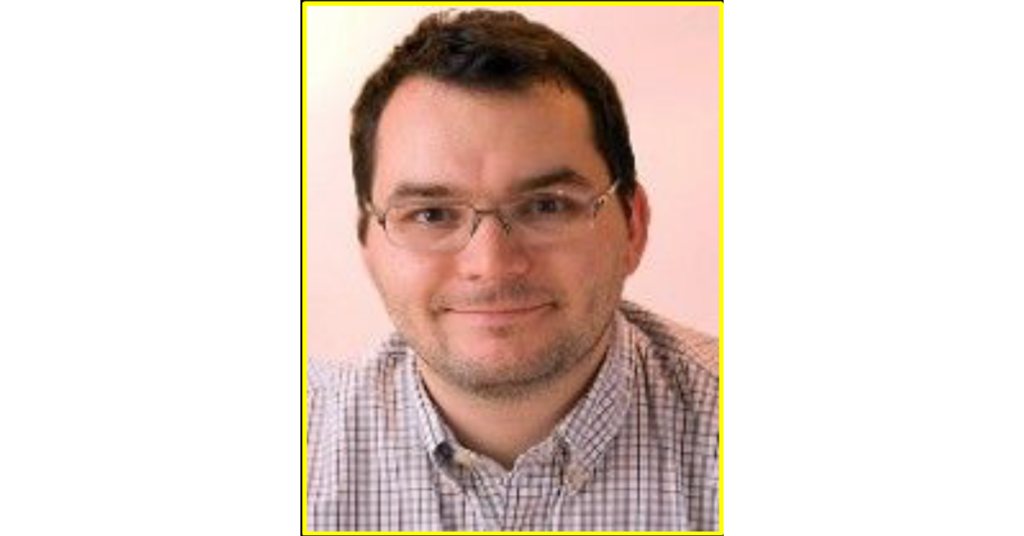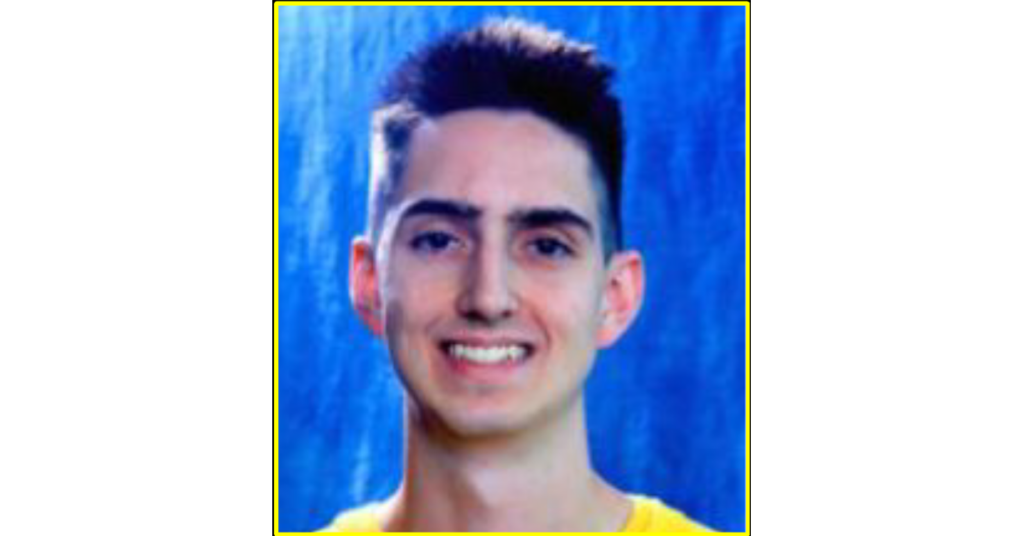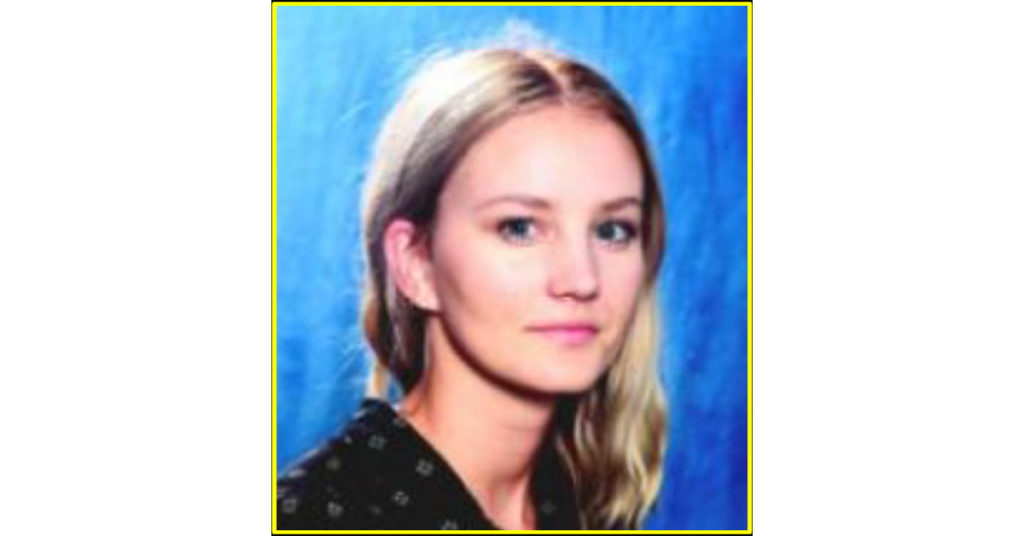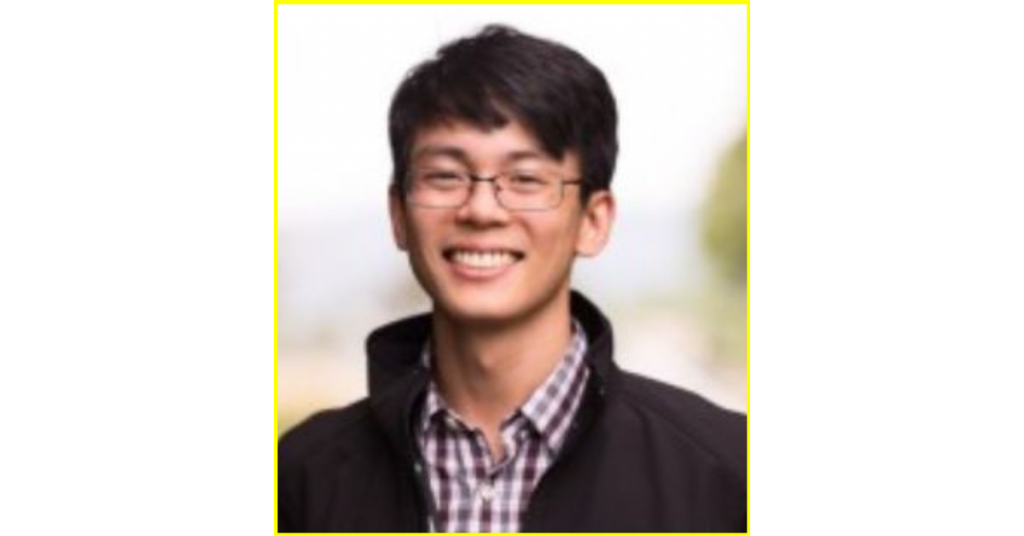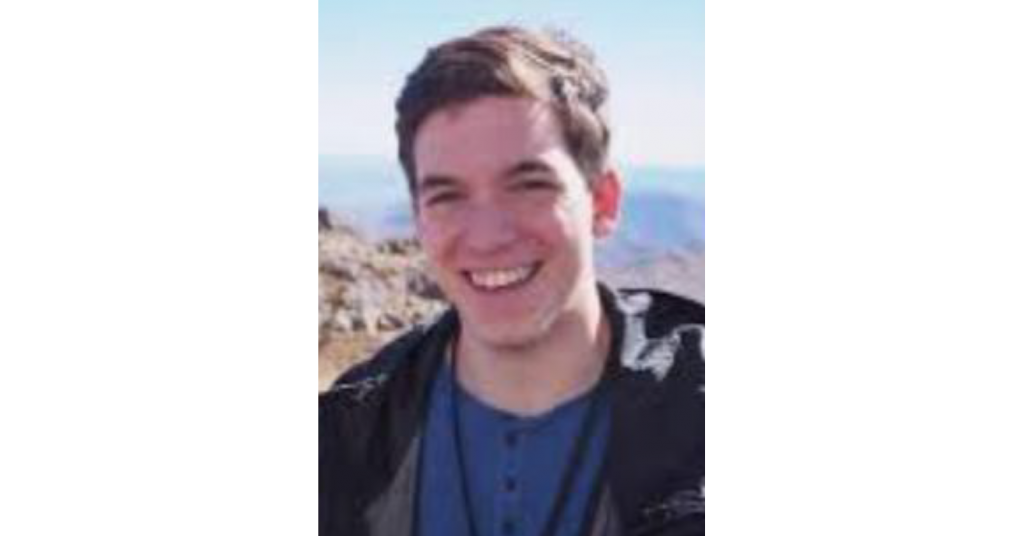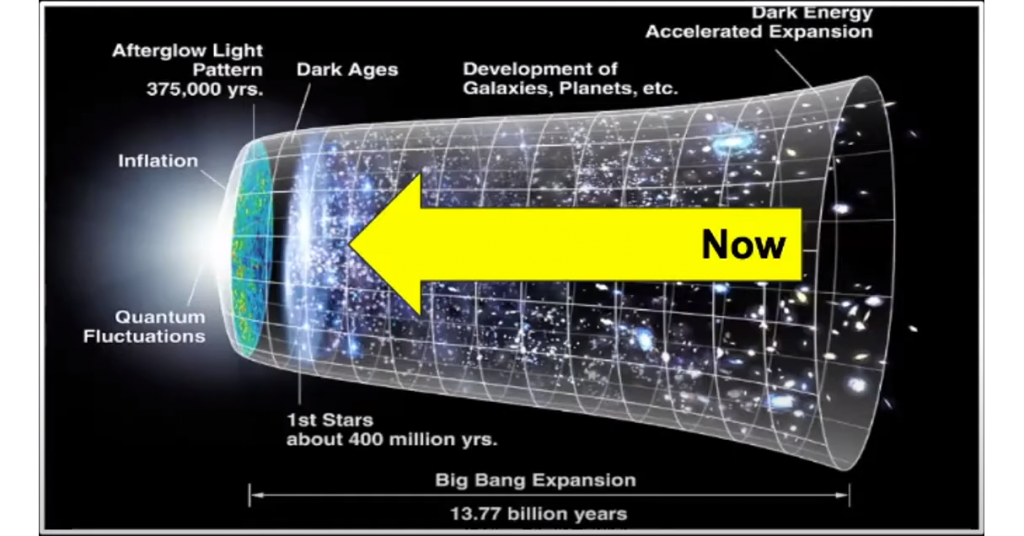Come hang out with us every month and learn something new! SDAA programs feature a wide array of speakers who share their expertise on unique and intriguing astronomy-related topics. We hold most of our meetings virtually via Zoom on the third Wednesday of every month. The meetings start at 7PM and last about one hour. We meet in-person for the March and November meetings at the Mission Trails Regional Park Visitor Center. Programs start with a few key club announcements and include information tailored to our new club members. Our featured speaker follows as the main event. Try your luck at winning SDAA club stickers with the fun astronomy quiz that closes out every meeting. Attendees are encouraged to engage and ask questions after speaker presentations. If you miss a program, you can catch the recordings on the SDAA YouTube page.
Please register in advance for the Zoom meetings at the following link. After registering, you will receive a confirmation email containing information about joining the meeting.
https://us02web.zoom.us/meeting/register/tZYkf-2rrTgsE9D7YsRX-mGVVgS_ovMJHX5B#/registration
To attend the March and November in-person meetings, head to the Mission Trails Regional Park Visitor Center at One Father Junipero Serra Trail, San Diego, CA 92119. The main gates into the park remain open for our evening meetings, however the Visitor Center doors are not unlocked until 6:30PM. Please drive through the gates and park in either of the two dirt parking lots adjacent to the Visitor Center Building. Once inside the building, head to the Auditorium. Park Rangers can be reached at 619-668-3281 and for more information visit https://mtrp.org/visitor-center/
The SDAA Board welcomes your comments on our presentations! Please contact VicePresident@sdaa.org if you have suggestions for future program topics.
May 19, 2021 Program Meeting
Speaker: Dr. Michael Ressler – Project Scientist, James Webb Space Telescope Topic: James Webb Space Telescope The James Webb Space Telescope will continue to revolutionize our study of the cosmos. Slated for launch in late 2021, Webb will look deeper than either the Hubble or Spitzer Space Telescopes at infrared wavelengths. This talk will describe Webb as a whole, with a focus on the Mid-Infrared Instrument —— a…
April 19, 2021 Program Meeting
Speakers: Dr. Xiaohui Fan, Dr. Jinyi Yang, Dr. Feige Wang Topic: The Earliest Supermassive Black Holes in the Universe A trio of astronomers from the University of Arizona’s Steward Observatory present new results: Regents’ Professor Xiaohui Fan “Discovery of the brightest quasar in the early universe”, Strittmatter Fellow Dr. Jinyi Yang “Pōniuāʻena”, the first known billion solar mass black hole at reionization”, and NASA Hubble Fellow Dr. Feige…
March 17, 2021 Program Meeting
Speaker: Dr. Daniel Apai – Steward Observatory Topic: Exoplanets / Astrobiology Dr. Daniel Apai is a recent recipient of NASA’s ICAR Astrobiology grant. This is an inaugural effort focusing on the challenging questions in astrobiology. Daniel’s research focuses on exoplanets, with a particular emphasis on habitable planets and planetary systems. Heleads large programs to understand the formation of habitable planetary systems EOS, search for giant and earth-likeexoplanets Scorpion…
February 17, 2021 Program Meeting
Speaker: Jimmy Lilly – Steward Observatory Topic: Identifying Prestellar Cores in Molecular Clouds Jimmy Lilly was a 2019-2020 Lucas Scholarship recipient and majored in Astronomy / Physics. He graduated in May 2020. He works with Yancy Shirley from the Department of Astronomy on “Characterizing Physical Properties Associated with Hierarchical Structure in Star-Forming Regions.” https://www.youtube.com/watch?v=f8jaw8EwJYM https://www.youtube.com/watch?v=UFZ5rKIMxs0
January 20, 2021 Program Meeting
Speaker: Maria Galloway-Sprietsma – Steward Observatory Topic: Pulsar Timing Maria Galloway-Sprietsma is a Lucas Scholarship recipient 2020-2021. She is working with Dr. Yancy Shirley, Steward Observatory on a study of deuterated ammonia (NH2D) in star-forming region Cepheus L1251. They hope to explore the possibilities of using deuterated ammonia as a dense gas tracer, and believe that it can tell them more about the chemical and structural evolution of…
Dec 16, 2020 Program Meeting
Dr. Alex Ji: The First Stars Dr. Alex Ji is a postdoctoral fellow at the Carnegie Observatories. Alex is a near-field cosmologist, studying nearby stars and galaxies to understand the first stars and galaxies, the origin of the elements, and the history of the Milky Way. Alex’s main lockdown activity has been eating Trader Joe’s snacks. https://www.youtube.com/watch?v=wIUgnQPAKOY https://youtu.be/B8W-0VzFa90
November 18, 2020 Program Meeting
Speaker: Ryan Rubenzahl – Caltech Topic: Measuring the Speed of Stars More Precisely Than Your Car’s Speedometer The “doppler method” of detecting planets orbiting other stars requires precise measurements of the speeds of those distant stars. If we can see a star oscillating towards and away from us, we can infer that an unseen planet is tugging on its parent star as it orbits. This method successfully found…
October 21, 2020 Program Meeting
Speaker: Mia de Los Reyes Topic: The Loneliest Galaxies in the Universe Most of the matter in the universe is located in long and thin structures called “cosmic filaments” that stretch across the universe in web-like formations. However, some galaxies live in the much emptier spaces between cosmic filaments, called cosmic voids. By comparing the chemical makeup of void galaxies and filament galaxies, we can learn about how…
September 16, 2020 Program Meeting
Speaker: Steve Hallmann, SDAA Topic: Dark Matter and Dark Energy Steve Hallman updates SDAA on the latest theories for dark matter and dark energy. https://www.youtube.com/watch?v=qitPBynwZ5w https://www.youtube.com/watch?v=bg8QEWDExao&t=4s

